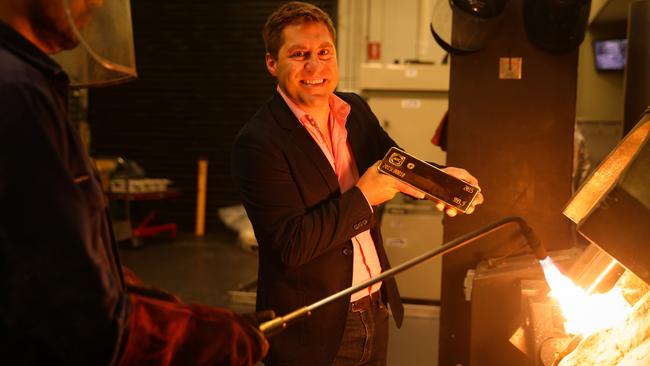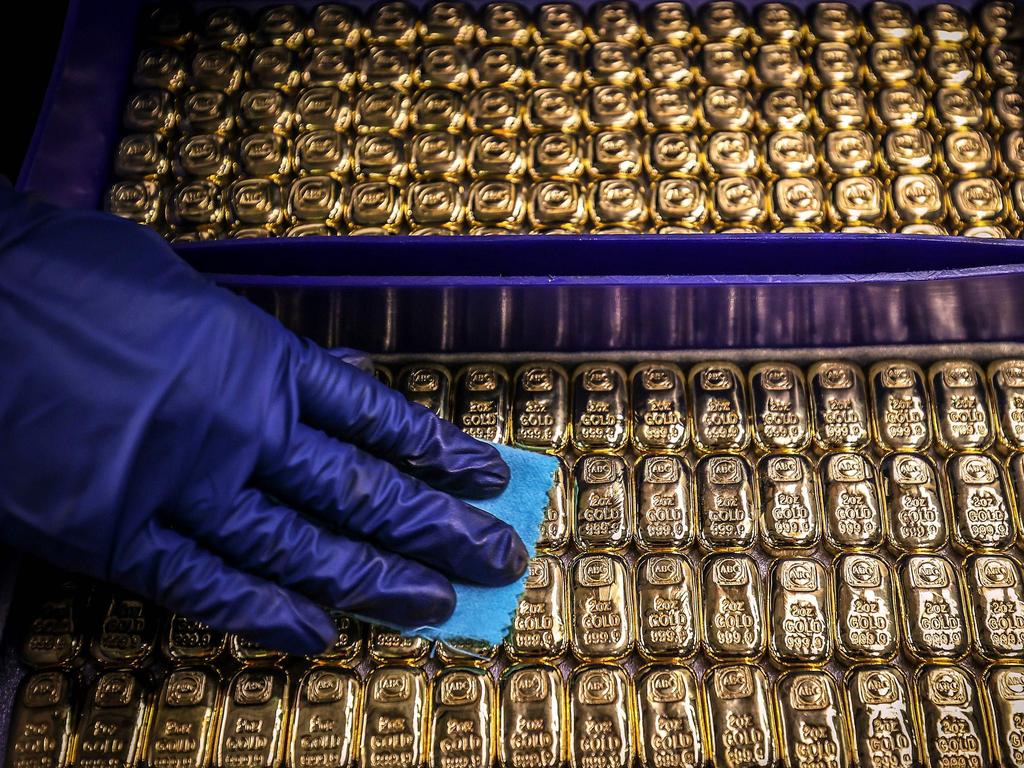
If the Australian Taxation Office wins the “gold-case” High Court appeal, then businesses large and small in Australia in all industries will face taxation dangers not encountered in any other western country.
Just how the High Court will apply the law of the land to the ATO appeal—assuming it agrees to hear it--- is outside my area but it’s clear the ATO wants to create and to use this world precedent.
And if the Australian government and opposition politicians don’t grasp the significance of what the ATO is trying to do then current attempts to revive the Australian economy will be greatly hindered.
In essence an ATO High Court appeal victory has the potential to give the tax office the ability to convict honest Australian businesses of tax offences without cross examination in a court of appeal.
Over the weekend it seemed the ATO had not appealed the “gold case” decision by the full Federal Court and in my online commentary I incorrectly praised Attorney General Christian Porter, Treasurer Josh Frydenberg and Assistant Treasurer Michael Sukkar. Late on Monday it became clear that sadly, the prospect of the huge damages payout might have blurred their normally good judgment. They allowed the ATO appeal and its potential to destroy confidence in Australia’s tax system fairness to proceed.
The ATO built its base case against the gold refiners on the basis of a concocted model of refining gold which was totally different to that used in the rest of the world. The Federal Court trashed the ATO gold refining model and, not surprisingly, the ATO did not appeal this decision.
But the Federal Court also isolated what it called the denial of “procedural fairness” by the Administrative Appeals Tribunal (AAT) .
The ATO wants the High Court to declare that what happened in the AAT was fair and the Federal Court was wrong in branding it a denial of “procedural fairness”.
If the ATO can convince the High Court that the ATO manoeuvre in the tribunal was “procedurally fair” then the ATO can implement section 165, which is the “catch all” taxation scheme clause.
I emphasise that the High Court will determine the issue in accordance with the law of the land but let me detail why three highly respected judges on the Federal Court thought what happened in the AAT represented procedural unfairness.
The three judges first pointed out that the ATO had “expressly disavowed any submission or drawing any inference” that a director of the former gold refining company knowingly participated in a fraud.
This was a vital conclusion because if there was no fraud in the “gold case” it means that if the High Court declares what happened in the AAT was “procedurally fair” then all corporate taxpayers should shiver.
The AAT, according to the Federal Court, relied on two emails where a director of the former gold refining company and key witness, Phillip Cochineas, was not a party.
Instead they were internal emails in another company. In those emails there was a reference to “GST loopholes” which the Federal Court said were unexplained and possibly ambiguous.
The three judges accordingly declared: “Yet the tribunal relied on the two emails to infer that Mr Cochineas appeared to have given false or misleading evidence in the compulsory examination”.

The Federal Court declared that in circumstances where Mr Cochineas was “not a party to the emails, was not cross-examined on the documents and the documents were not the subject of any submissions by the parties, constituted a denial of procedural fairness” .
The Federal Court said the tribunal then went on to make adverse findings against the former refiner.
Although those adverse findings refer to other matters “it was impossible to exclude the possibility (and to the contrary it is distinctly possible) that the findings were influenced by the adverse view that the tribunal had taken as to Mr Cochineas’s credit”.
Accordingly the isolation of these two remote emails among thousands of pages of evidence with no-cross examination of the witness then became a vital matter in the AAT decision in favour of the ATO.
Again I am sure the High Court will determine the issues according to the law of the land.
But just as the ATO model of gold refining is now agreed by everyone as nonsensical so, on community standards, to damage the creditability of a witness on the basis of third party emails where there is no cross examination doesn’t meet community standards.
The ATO wants to take us into a new place. Again the High Court will determine whether that new place complies with the law. In such an event it becomes necessary for the politicians to bring the law up to community standards and restore confidence in the fairness of the taxation system.
In this context I am not surprised that the three Federal Court judges aligned the law of the land to community standards.
One of those judges, Judge Nye Perram, has been a judge on The Federal Court of Australia since 2008.
No-one will forget his landmark judgment in the Westpac case where he declared “I may eat Wagyu beef every day, washed down with the finest shiraz but if I really want my new home I can make do on much more modest fare”. And so he carved up the argument that declared past high living expenses should not be the key criteria in assessing whether a borrower could meet loan obligations.
And around Australia we stood up and applauded because that is exactly what happens in real life and here was a judge who understood it.
The gold case started with a massive cover-up of a basic error by the ATO. It is now taking us into totally new ground.





